The Department for Education has said that schools are eager for more AI, as it summed up the responses to its first call for evidence on generative AI in education, which will provide a basis to inform future policy on the issue.
Planning and Streamlining
Most respondents to the call were teachers who were early adopters of Generative AI (GenAI) who shared positive views towards the technology. They frequently cited using GenAI for lesson and curriculum planning and to streamline administrative tasks. Some teachers have also been experimenting with using GenAI to automate marking and to generate feedback on students’ work. Teachers reported benefits including freeing up time and enhanced teaching effectiveness.
AI also has the potential to significantly enhance the learning experience for students. It can create more personalised learning experiences, supporting students to learn at their own pace, and focusing on areas where they need more assistance. AI algorithms can identify students who may be struggling early on by analysing performance data.
AI can also cater to students with diverse learning needs. AI-powered text-to-speech and speech-to-text technologies for example, can assist students with reading or communication challenges.
Cantium’s recent workshop on AI and how it could be used for teaching and learning as well as administration tasks further highlighted the growing interest educators have in the technology. We found that most teachers had experimented with GenAI, but had not yet started to fully consider how it could be used as a teaching aid. Although they could clearly see the potential benefits, many are hesitant to immerse themselves in AI because of the perceived risks, and for fear of the unknown.
Privacy and Ethical Considerations
When it comes to the adoption of AI in schools, privacy and ethical concerns, and the need for appropriate teacher training are factors that need careful consideration and planning.
In the Government’s call for evidence, concerns included over-reliance on GenAI tools among pupils, academic misconduct among pupils and students, and data protection and privacy risks. For a minority, there was also an underlying fear of GenAI even replacing face-to-face teaching.
Some respondents also raised the potential for GenAI to exacerbate the “digital divide” and the educational attainment gap. It’s a reality that some pupils and students do not have access to basic equipment such as hardware or stable internet, so the concern that GenAI has the potential to exacerbate inequality, again requires much consideration.
A Clear Appetite for GenAI
But what’s clear from the call for evidence, our recent workshop, and from what we hear across the education sector, schools have a real appetite for AI and are willing to accept increased support to ensure its safe and effective adoption during the months ahead.
While concerns need to be addressed, AI is likely to remain a significant part of education, contributing to more personalised and efficient learning experiences in 2024 and beyond. As Education Secretary Gillian Keegan recently said: “Artificial intelligence is here to stay and it’s already changing the way we work and learn. To take advantage of this transformative technology, it’s crucial we get our approach to it right.”

